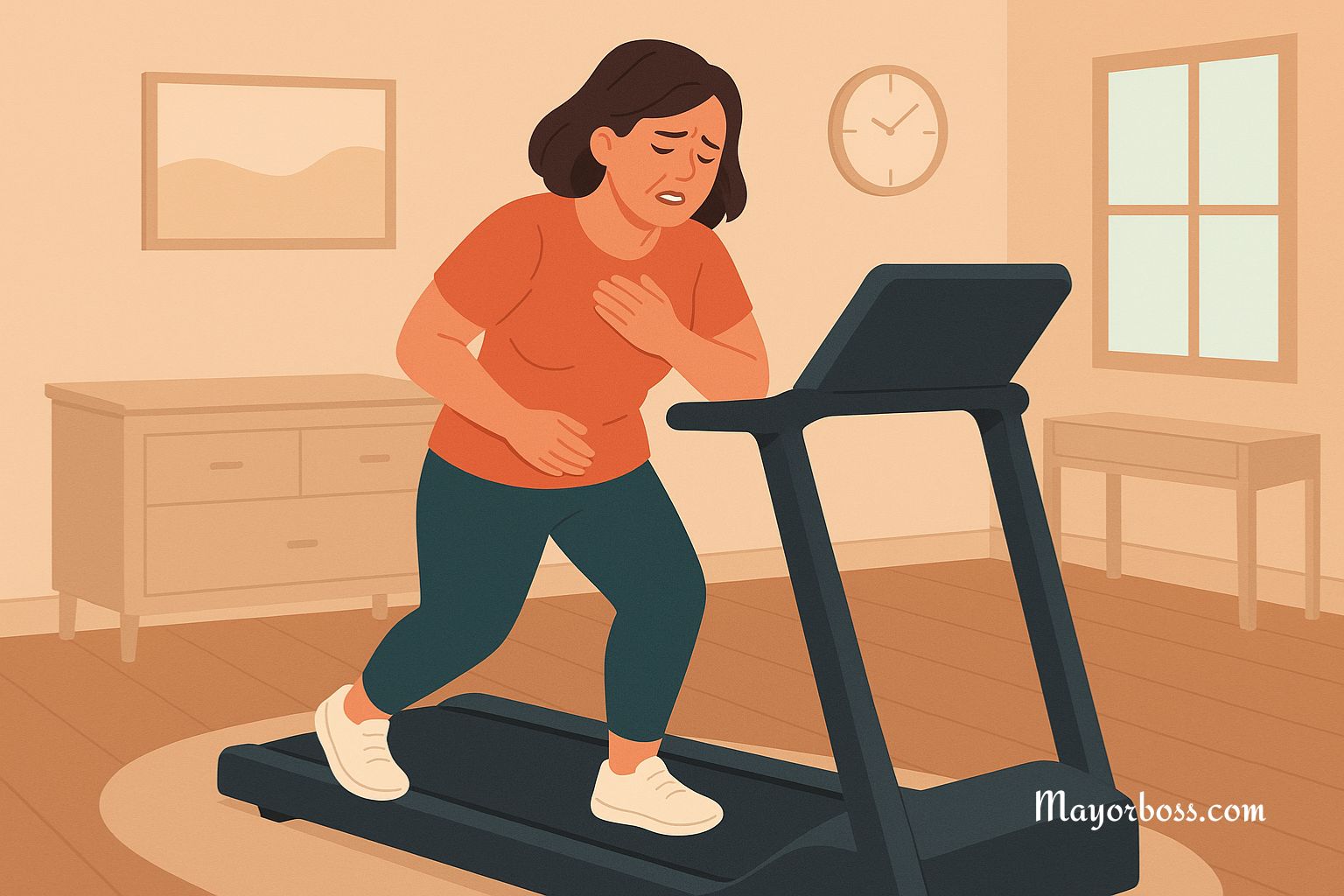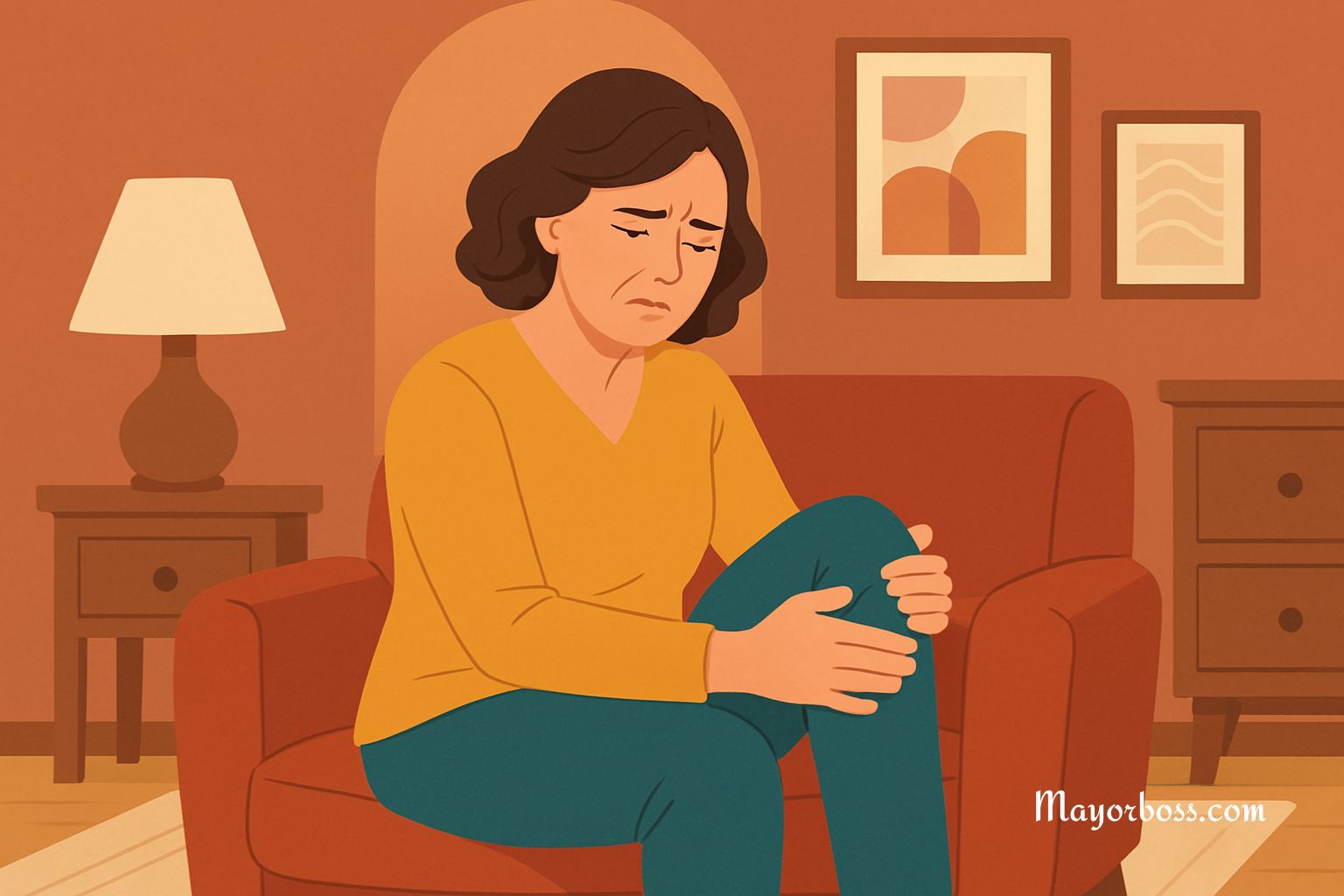Don’t Ignore These Symptoms of Iron Deficiency Anemia
Signs and Symptoms of Iron Deficiency Anemia
Experiencing symptoms of iron deficiency anemia can significantly impact your daily life, but recognizing them early can lead to effective treatment. Here are some signs and symptoms you should not ignore:
Fatigue
Feeling unusually tired or fatigued even after getting enough sleep is a common symptom of iron deficiency anemia. When your body lacks sufficient iron, it can’t produce enough hemoglobin, the protein in red blood cells that carries oxygen to tissues and organs. This leads to reduced oxygen delivery throughout your body, resulting in fatigue and weakness.

Pale Skin
One noticeable sign of iron deficiency anemia is having pale or “sallow” skin. Since hemoglobin gives blood its red color, low levels of hemoglobin due to iron deficiency can result in a paler complexion. This paleness may be most evident in areas with less melanin, such as the face, lips, inner eyelids, and nails.
Shortness of Breath
Another common symptom of iron deficiency anemia is shortness of breath, especially during physical activity or exertion. When your body lacks iron, it struggles to transport sufficient oxygen to tissues and muscles, leading to breathlessness even with minimal effort. This can significantly impact your ability to engage in daily activities or exercise.
Weakness
Iron deficiency anemia can cause overall weakness and a sense of lethargy. Without enough iron, your muscles may not receive an adequate oxygen supply, making them feel weak and less efficient. This weakness can affect your physical performance and make routine tasks more challenging.
Headaches
Persistent headaches, especially ones that occur frequently and without a clear cause, can be a sign of iron deficiency anemia. The reduced oxygen delivery to the brain due to low hemoglobin levels can trigger headaches or exacerbate existing ones. If you’re experiencing unexplained headaches, it’s essential to consider the possibility of iron deficiency anemia.
Dizziness or Lightheadedness
Feeling dizzy or lightheaded, particularly when standing up quickly, is a common symptom of iron deficiency anemia. The lack of oxygen reaching your brain can cause you to feel dizzy or faint. This symptom is often more pronounced when transitioning from sitting or lying down to standing.
Cold Hands and Feet
Having cold hands and feet, even in warm environments, can be a sign of iron deficiency anemia. Reduced circulation and oxygenation of tissues due to low hemoglobin levels can lead to poor blood flow to the extremities, resulting in a sensation of coldness.
Restless Legs Syndrome
Restless legs syndrome (RLS) is an intense urge to move the legs when you’re resting, usually due to uncomfortable sensations. Iron deficiency anemia has been linked to the development or exacerbation of RLS symptoms. If you frequently experience an urge to move your legs, especially when resting or lying down, it’s essential to consider the possibility of iron deficiency anemia as a contributing factor.
Brittle or Spoon-shaped Nails
Changes in the appearance of your nails, such as brittleness or spoon-shaped indentations (known as koilonychia), can indicate iron deficiency anemia. Insufficient iron levels affect the production of healthy nails, leading to alterations in texture, shape, and strength.
Pica
Pica is a condition characterized by cravings for non-food items, such as dirt, clay, ice, chalk, or paper. While the exact cause of pica is not fully understood, it has been associated with iron deficiency anemia. If you find yourself craving and consuming non-food substances, it’s crucial to consult a healthcare professional to evaluate potential underlying causes, including iron deficiency anemia.
Recognizing these symptoms of iron deficiency anemia is crucial for timely diagnosis and treatment. If you experience any of these signs, you must make an appointment to see your doctor for proper evaluation and management. Iron deficiency anemia can have serious consequences if left untreated, but with early intervention, it can be effectively addressed, allowing you to regain your energy and overall well-being.






